Both women and men are involved in fish trade around the world. To promote gender equity in the sector, we need to ask the questions: Do women make as much money as do men? If not – why?
In an effort to improve livelihood benefits for women and their households, a recent project in Malawi, funded by the Alliance for African Partnership (AAP) Partnerships for Innovative Research in Africa (PIRA) grant, examined the trading roles of women in fisheries both quantitatively and qualitatively. The use of mixed methods is growing in fisheries research as many scholars recognize the complementary value of the approach in generating diverse types of knowledge. The project revealed new insight into gendered inequities in small-scale fish trade by connecting specific gender norms, revealed through qualitative methods, to specific livelihood outcomes, measured through quantitative methods.
Given that small-scale fish trade in Malawi is largely informal, lack of data, particularly gender-disaggregated data, prompted the research team, consisting of scholars from Michigan State University (MSU) and Lilongwe University of Agriculture and Natural Resources (LUANAR), to collect market survey data from female and male fish traders throughout Malawi. The team also collected qualitative data through separate focus groups with women and men fish traders.
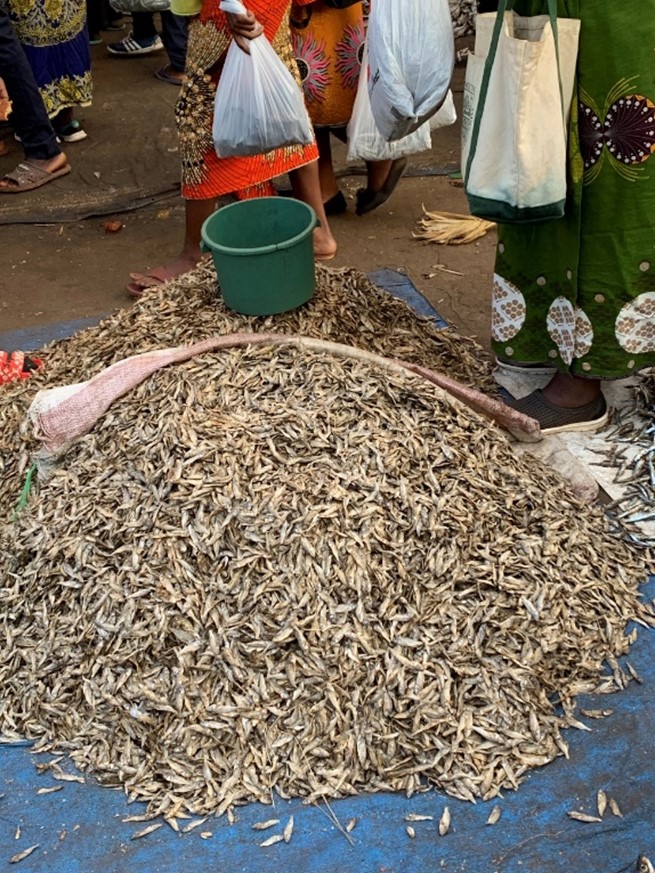
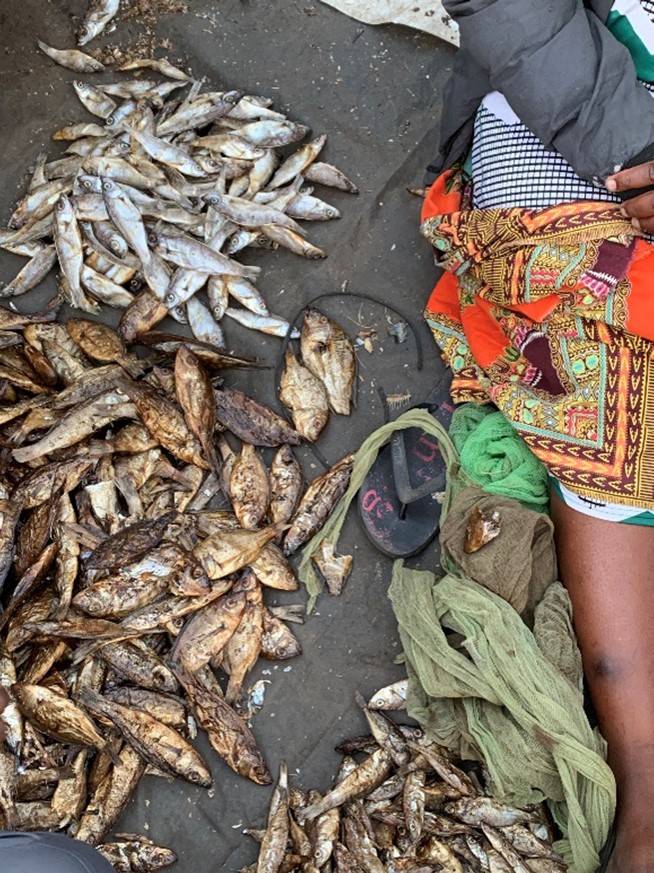
Economic analysis of market data was conducted by the research team to understand quantitative differences in livelihood outcomes for women and men engaging in the same trading activities at the same markets. Results from economic models show that gender is a key factor influencing earnings in fish trade and that other important drivers, including processing type and selling market size and location, are also shaped by gender. The team found that while women and men participate in fish trade in near-equal numbers in Malawi, women are earning less money per unit than men and tend to trade in smaller volumes.
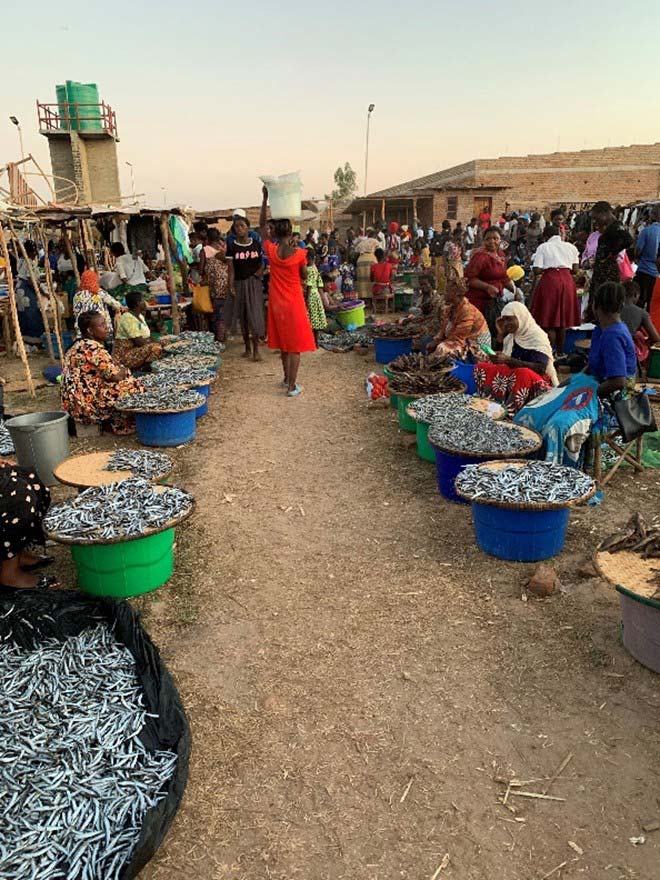
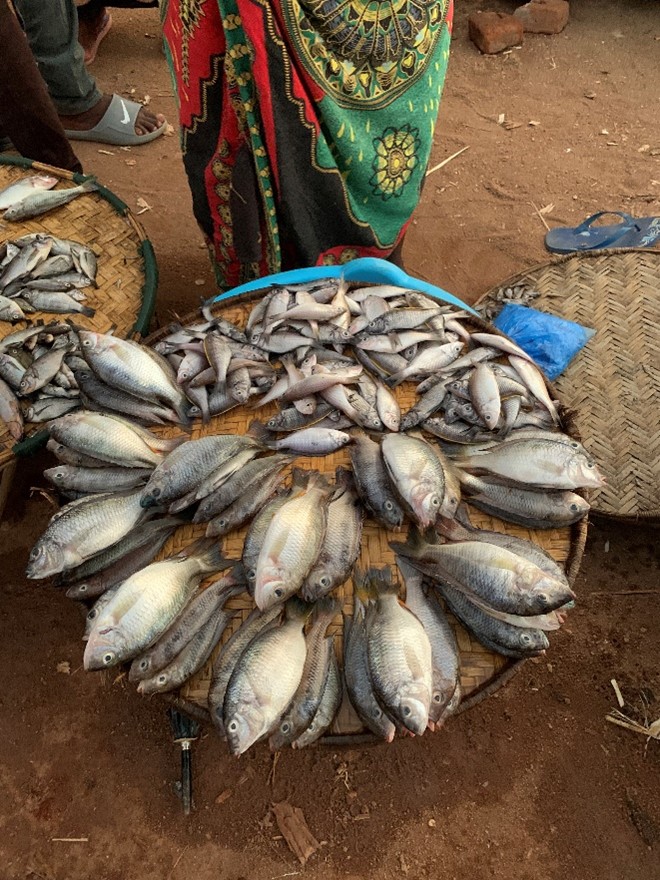
Analysis of the focus group data provided qualitative insight into gender norms and perceptions of earnings. For instance, the team found that there remains a dominant discourse among men that gender does not impact earnings while women tend to understand gender as a barrier to economic success. This disconnect draws attention to the need to engage men in gender research to understand gaps in perceptions between genders. It also highlights the need for researchers, managers, and practitioners to move past a focus on gender equality and focus on gender equity. When there is an emphasis on gender equality, many people may believe that there is no longer work to be done once equal numbers between genders have been reached in a profession like fish trade. A focus on gender equity rather than equality moves the narrative past equal numbers and toward more complex issues of power dynamics and gender norms which continue to limit the benefits women are able to attain once they have entered the profession.
In drawing connections between the quantitative and qualitative findings, the research team outlines specific gendered challenges to be addressed by policymakers including lack of formal financial services, poor transportation, price volatility, lack of storage, and gender-based violence. The research team also provides a holistic understanding of the role of gender norms in shaping economic outcomes, specifically, that gender norms impact earnings by disproportionately constraining time for women, shaping household decision-making regarding women’s spending, limiting women’s access to resources including financial services and fish, and maintaining patriarchal power dynamics.
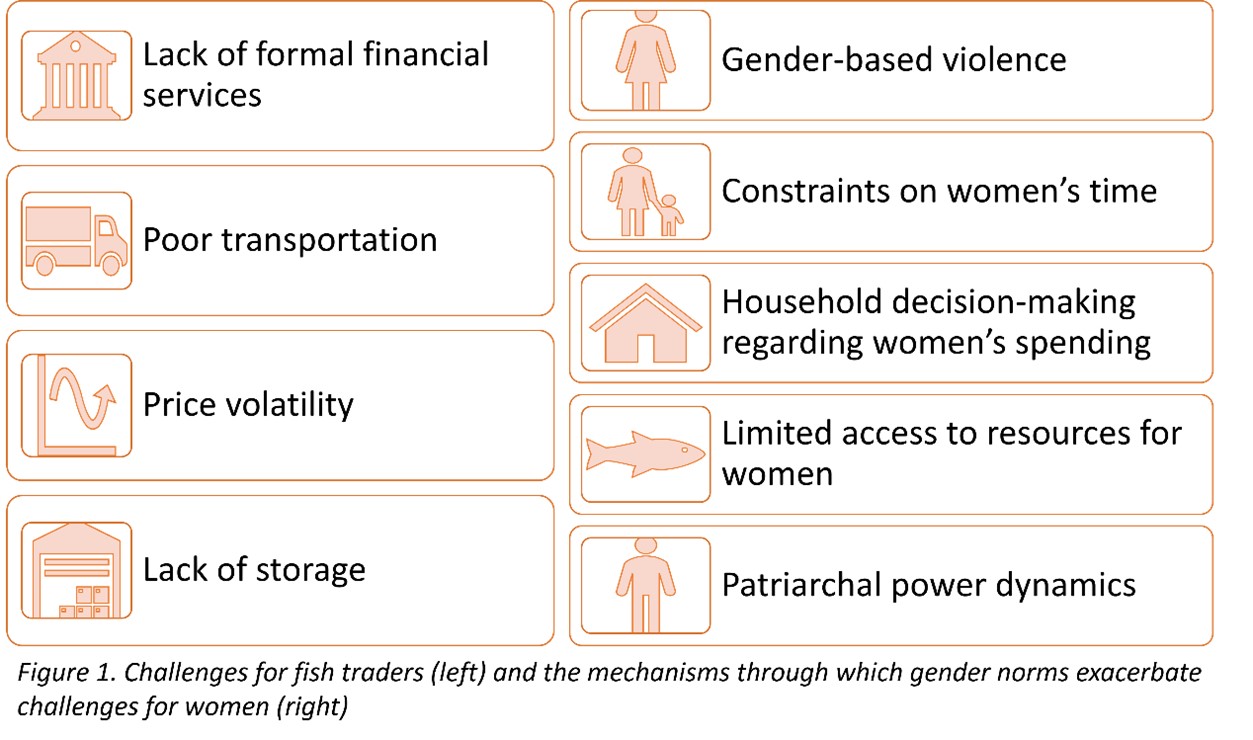
There is need for gender specific strategies to support women’s unique challenges in small-scale fish trade. For all genders to thrive in fish trade, programs, policies, or interventions must provide them with the ability to access resources necessary to leverage profitable processing techniques and access profitable markets.
This story is based on research published in Maritime Studies (referenced below). The full open access article is available here.
Rice, E.D., Bennett, A.E., Muhonda, P., Katengeza, S. P., Kawaye, P., Liverpool-Tasie, L.S.O., Infante, D.M., Tschirely, D.L. (2023). Connecting gender norms and economic performance reveals gendered inequities in Malawian small-scale fish trade. Maritime Studies, 22, 46.
About the Authors
1 Emma Rice is affiliated with the PIRA project as a master’s student in the Department of Fisheries and Wildlife at Michigan State University, United States. Rice is an interdisciplinary fisheries scientist with expertise in development economics, geography, and gender studies. Currently, Rice is a PhD student in the Department of Fish and Wildlife Conservation at Virginia Polytechnic Institute and State University, United States.
2 Abigail Bennett is a Co-Primary Investigator on the PIRA project as an Assistant Professor in the Department of Fisheries and Wildlife at Michigan State University, United States. Bennett is a fisheries social scientist with expertise in governance, institutional analysis, and political economy of fish trade.
3 Patrick Kawaye is affiliated with the PIRA project as a master’s student in the Department of Agriculture and Applied Economics at Lilongwe University of Agriculture and Natural Resources, Malawi. Kawaye is a fisheries social scientist with expertise in economics, and information and communication technology (ICT). Patrick is now coordinating an Agricultural Transformation program at Malawi University of Science and Technology (MUST) under the MUST Institute of Industrial Research and Innovation.

